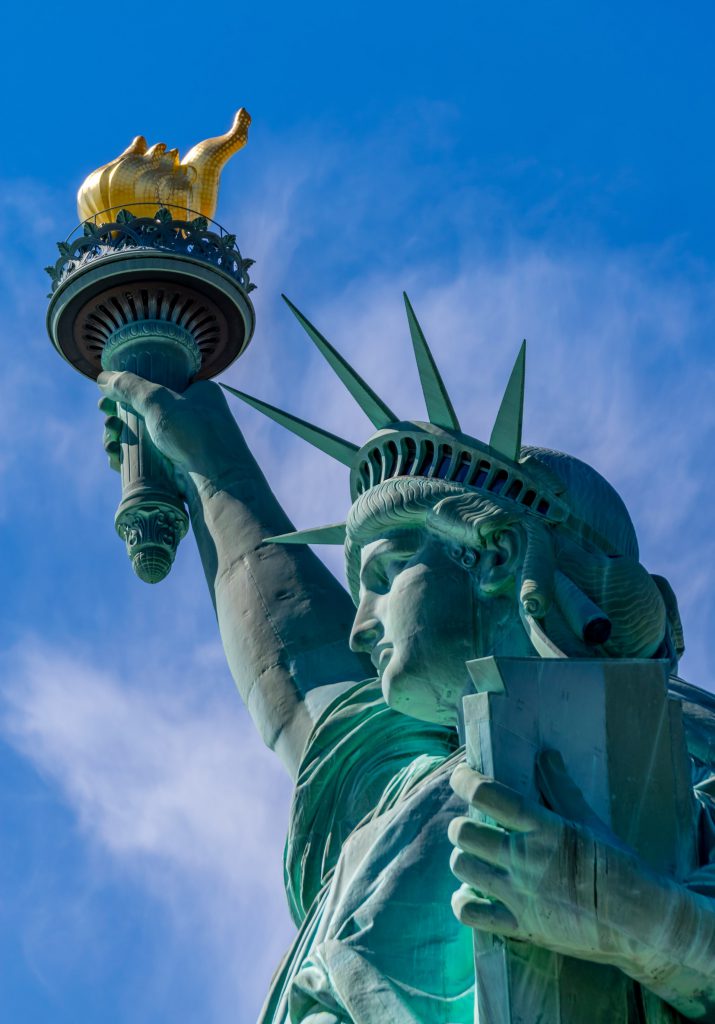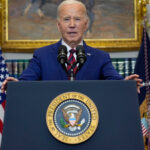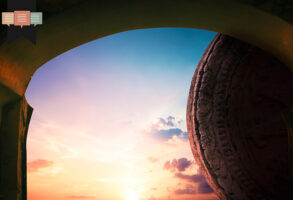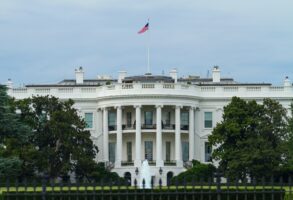
Published May 24, 2021
Ethics and Religious Liberty Commission
Editor’s note: In America, religious liberty is often called our “first freedom.” Yet religious liberty today seems to be under constant threat. But why?
What is religious liberty? To whom does it “belong”? And why is it important for our society, generally, and more specifically, for the mission of the church? Andrew T. Walker, author of the recent book, Liberty for All, spent time answering these questions.
Walker’s book deals thoroughly with religious liberty and will help you make sense of why it is so important. Furthermore, it will help shape your efforts toward preserving this “first freedom” for subsequent generations.
Jordan Wootten, ERLC: Religious liberty is a term we hear thrown around a lot today. And though the term is used often, our culture seems to lack a consensus on exactly what it means. How would you define religious liberty?
Andrew Walker: There are two main ways to think about religious liberty: (1) As an intrinsic property where individuals (and their communities) should be free to come to conclusions about religious convictions voluntarily; and (2) as an extrinsic property where individuals (and their communities) should be free to live out the implications of their faith in every arena of life. Religious liberty helps secure a forum for authentic gospel proclamation. It is a forerunner to authentic gospel acceptance. It is the pathway for authentic gospel ethics.
What are some of the biggest challenges and/or threats to religious liberty in America today?
The biggest challenge to religious liberty is its politicization as a culture war issue rather than as an issue central to the experiment of constitutionalism. Because religious conservatives are on the defensive in an increasingly secularizing society, it has become a tool to retreat to, which is both a necessary safe harbor but not a sufficient safe harbor in the long run. To possess religious liberty is to possess the opportunity to make arguments, which should seek to persuade or at least invite goodwill disagreement. Where even goodwill disagreement is impossible, religious liberty will not be sufficient in the long run when measured against a secularizing society that defines reasonableness in exclusively secular terms.
You say that religious liberty in our society “has been sadly situated as a culture war issue,” when what it needs “is an apologetic arising from Christian conviction.” What do you mean by this?
When Christians talk about religious liberty, it is more often done in the context of it being a constitutional guarantee. While some biblical arguments have been made for religious liberty often by appeals to isolated texts, there has really been no concerted effort to tie religious liberty to biblical theology, or to situate it as a foundational pillar to public theology. That’s what my book attempts to do — to make an argument that religious liberty has theological coherence within the full-sweep of the biblical canon that is a prerequisite for how we understand our place in, and engagement with, the world.
If religious liberty is a principle founded in the Christian faith, does this mean that it should only be extended to professing Christians? In other words, who “qualifies” for the exercise of religious freedom? Why?
The argument I make in Liberty for All is that when we understand the themes of eschatology, anthropology, and missiology, we come to understand that religious liberty is an essential component to life in this age, which necessarily means it applies to all, religious and nonreligious alike.
Just as one example to anchor biblical thinking: We live at a time where not everything has been brought under the reign of Christ in a climactic sense. If we are living in a time between the ascension of Christ and the second coming of Christ, what are we to do with non-Christians who do not believe like we do? Banish them? Make them second-class citizens? Religious liberty helps address the interim period the church finds itself in and how it should relate to non-Christians.
Should Christians advocate for the religious liberty of other faith traditions, then? What might be some eventual consequences of not doing so?
Yes. If we treat our liberty in an American regime as uniquely superior to others or more deserving because of Christianity’s history in America, we will find ourselves isolated and alone if and when Christianity falls out of favor. We all hang together or hang separately, so to speak, when it comes to religious liberty, and that’s because our rights are reciprocally ordered within our constitutional regime.
You talk in the book about where a government’s jurisdictional lines are drawn (or should be) when it comes to matters of religious liberty. Why does a government not have the authority “to declare what is or is not Christian,” for instance, and what might be some of the consequences when it attempts to exercise that kind of authority?
Because, simply, declarations of what is true religion or false religion has not been authorized or delegated to the government according to Scripture. Government is a temporal institution not fit to make pronouncements on religion. Moreover, we should not want it to do that, especially in those environments where Christians are in the minority. When a government believes it can make such pronouncements, it is a government that is over-stepping its bounds. It is the opposite of a “limited government.” Practically speaking, it’s also futile. England has an established church, but its status in the culture is limited almost exclusively to the ceremonial. When church and state ally themselves to one another, what results are dead churches fueled by nominalist religion.
You argue that “the internal logic of the gospel recognizes and even demands religious liberty.” Can you expound on this?
Succinctly, to truly believe the gospel means that one voluntarily believes the gospel, which presupposes a context where there is no coercion or penalty for conversion. Moreover, to truly believe the gospel, it must be grasped sincerely and by the individual compelled by the gospel’s message. The state is thus entirely ineffective at effectuating belief within the person. If that’s the case, religion should not be something attended to by the state.
Religious liberty, of course, is not merely a dynamic between citizens and their government, but also between citizens and their neighbors. As you argue in the book, for the Christian, religious liberty “is integral to the advancement of the gospel.” How does religious liberty relate to the mission of the church?
When we share the gospel, are we going to go to jail when doing so? When someone purports to accept the gospel, will they be guilty of violating a blasphemy law? How you answer that question reveals the inevitability of some sort of religious liberty regime, whether for good or ill.
Since religious liberty and the mission of the church are so closely tied to one another, what can Christians be doing now to ensure that this “first freedom” of ours endures in American society?
The best thing we can do is study, learn, and retrieve a tradition that is so central to the Baptist experiment in North America. Baptists have largely overlooked how religious liberty is one of their key distinctives. That’s one of the goals of my book — to recover the Baptist distinctive of religious liberty.
Andrew T. Walker is a Fellow at the Ethics and Public Policy Center.
Jordan Wootten serves as a News and Culture Channel Editor at the Ethics & Religious Liberty Commission.









